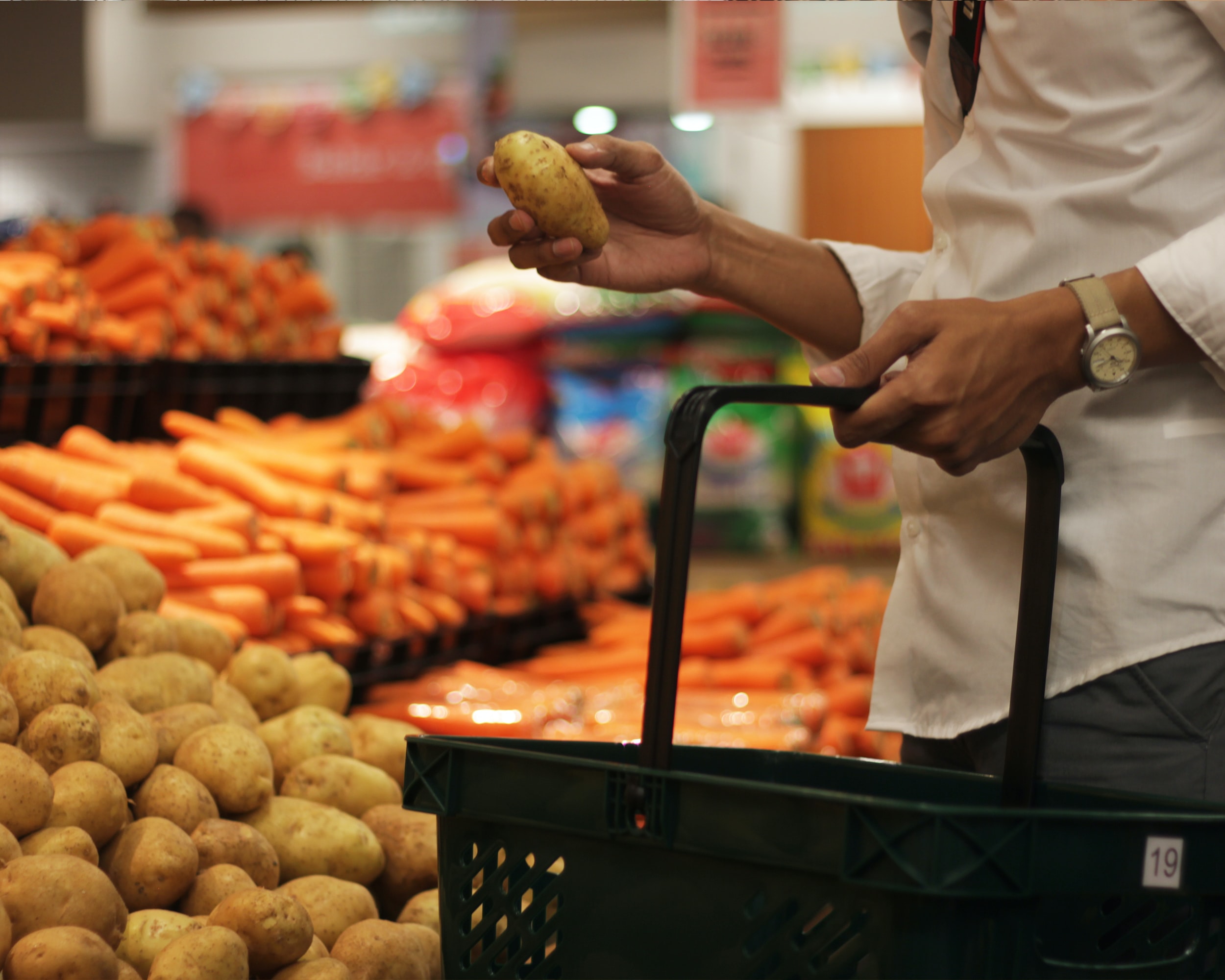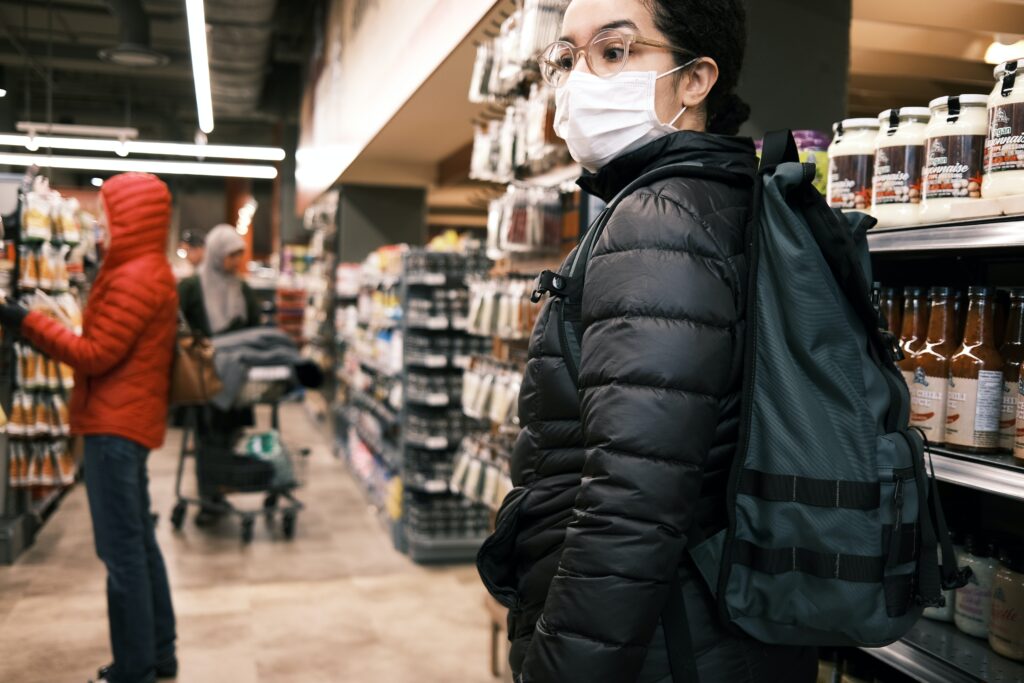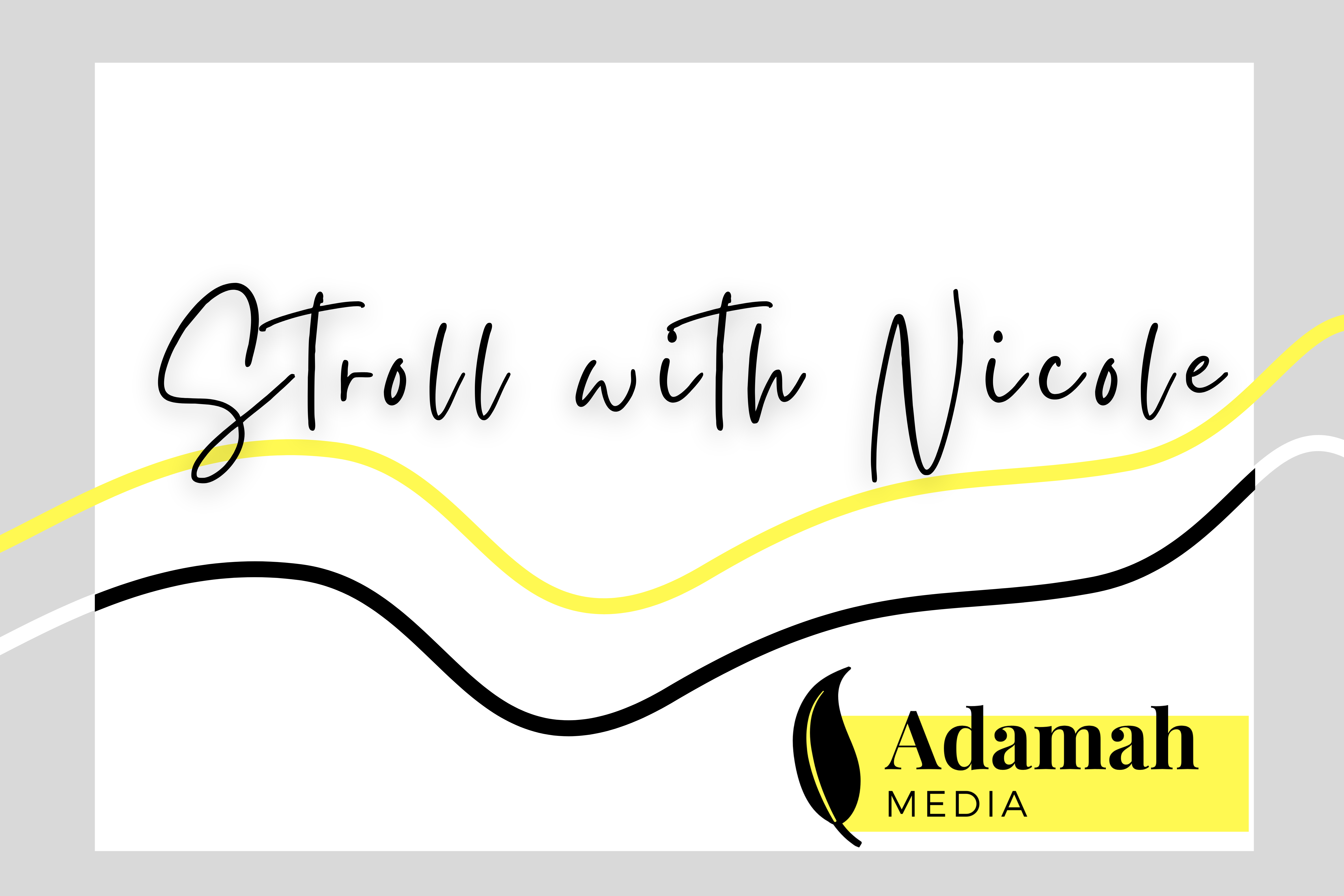
Saving the planet at the supermarket …
Jemima Childs reckons cutting down on meat can be a piece of cake.
2020 was the year of my life I spent most time at home. And with the extra hours I’ve saved from my daily commute by working from home, my days have been structured around meal times. I’ve given myself more time to sit down and enjoy breakfast, taken proper lunch breaks and have dinner with my family.
Of course, I’ve also attempted a spot of weekend baking; I don’t think my friends or family want to see another banana loaf cake again!
And it seemed that everyone else realised the importance of having good food too. Supermarket shelves were left decimated at the time of the first lockdowns by panic buyers stocking up on bread, flour and alcohol – necessities (it would appear) for the impending home confinement.
This period gave me a lot more time to think about my food choices too, and how my weekly food shop can be as sustainable for the planet as possible.

There are nearly eight billion people on our planet. That means nearly eight billion mouths to feed daily. Covid has made me realise how lucky I am to be able to have a choice of what I eat, where I buy my food from, or whether I want to order a takeaway or take my chances in the kitchen.
That privileged position means I – and you – can do more to help the planet every day. In each 24 hour cycle we have three opportunities to choose good food to eat: whether we buy Fairtrade products that promise to help farmers in developing countries, or buy free range eggs instead of battery farm eggs, or reduce our consumption of products which contain palm oil, every conscious choice helps.
But how can we measure the value of these choices against the looming spectre of climate change?
As well as the global pandemic, deforestation is accelerating, oceans are becoming more acidic, and pollution levels are so bad that 2.4 billion people do not have access to clean water sources.
So how can we help our planet whilst doing the food shop? My answer is simple – choose a plant-based diet.
Now, I am not trying to convince you to give up your Sunday roast, never eat a full English breakfast again or cut out meat completely, but reducing meat consumption by opting for plant-based alternatives is argued to be the single biggest way to holistically help the planet.
And it’s an endeavour that everyone can take part in. The Harvard Medical School has outlined the health benefits of reducing the consumption of red meat, and there are three principal reasons why I think a post-Covid world would be a better place if we cut down our meat intake.

Firstly, we could reduce world hunger by reducing our meat consumption. The problem with the standard western diet is that instead of using our resources in the most energy-efficient way, we are using land, food and water to feed animals that we then eat, instead of concentrating on feeding human beings first.
Food security researchers and scientists estimate that the USA could feed 390 million more people if the land used to rear livestock (cows, pigs and chickens) was used to grow plants instead.
As the human population grows, we’ll need ever more resources to sustain ourselves in the future. In addition to choosing more meat-free days to reduce the demand for animal products, we can also make sure that we’re only buying what we need, so that we have less food-waste.
Secondly, reducing our meat intake will slow down the process of deforestation and increase the levels of carbon dioxide in the atmosphere. Our dependency on animal products means that a lot of land has to be cleared to rear them, and the trees that are chopped down can no longer produce oxygen for us to breathe in and absorb the CO2 that we breathe out.
Not only does deforestation strip the trees from the forests, but it is also responsible for threatening animals’ survival. Millions of species are endangered due to loss of habitat, so by eating beef from the cattle reared on reclaimed land we’re also contributing to the extinction of other species, and increasing the likelihood of wildfires occurring.
It’s hard to imagine this as we pick a steak from the supermarket freezer, but by saving the animals’ lives that we choose not to eat, we can also save so many more.
Thirdly, breeding livestock produces a lot of methane gas (the fart factor as it has been dubbed), which accelerates the speed of global warming. This is because cows produce a substantial amount of methane from their digestive process. As the demand for the meat is so high, farmers are constantly trying to produce more beef, so the cattle are given more food in a short space of time, which causes them to produce high levels of methane. When methane is released into the atmosphere, it is able to trap heat, causing the long-term rise of the planet’s temperature.

To put this into context, the UN researched that cattle-rearing generates more greenhouse gas than the entire transportation sector.
Cattle produce 18% of global greenhouse emissions, while all cars, boats, planes and trains put together produce 13% of the global greenhouse emissions.
As consumers, we vote with our wallets. At an individual level, we may not have the power to change business practices, industry regulations and government policies to ensure food security, but we do have the power to control our lifestyle choices.
Lockdown has taught me that we all need to look after this world together, and, at a fundamental level, we need a healthy planet for a healthy population. To react to a pandemic with compassion and integrity is a challenging and brave task, and by choosing to eat less meat, I feel I am living more sustainably without my everyday life changing too much.
And if you were wondering how you can measure your progress, you can use this online calculator here: https://thevegancalculator.com/#calculator . For me, it’s a story of progress not perfection, but it’s an easy daily task that has helped me feel more positive about living through lockdown.
And once you get into a good shopping routine, it really is a piece of cake…
Like what you’ve read? Consider supporting the work of Adamah by making a donation and help us keep exploring life’s big (and not so big) issues!


One Comment
Maz
Jemima, thank you I loved your article.
Eating less meat has been on my agenda for long time for the reasons you give above.
At the moment though I have two older children who’ve moved back home and if me and hubby want to eat less meat, it would cause separation at the family table.
So, I bide my time. We manage most weeks to get two days without meat, one being Friday, which we all do and one other that just hubby and I do.
We had a short period of time living on our own and enjoyed experimenting with a vegan diet. I’d like to get back to that someday.